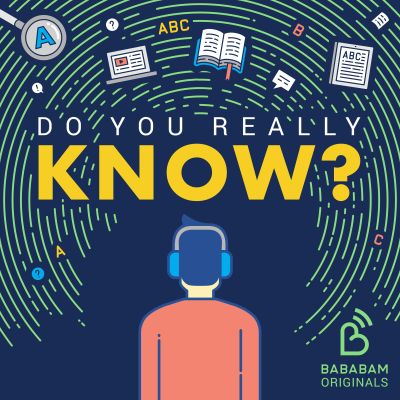You’ve heard about it, but do you really know it? In 3 minutes, we help you understand the true meaning behind the trends, concepts and acronyms that are making headlines. After listening, you will really know for sure.
https://play.acast.com/s/do-you-really-know
What is gamification in the workplace?
What is gamification in the workplace?
Human beings love playing games. They stimulate our hormones, our brains and our emotions. Now, games wouldn’t necessarily be the first thing you’d associate with your job. But some managers are using gamification to help their employees feel more satisfied at work. In turn, they are often more efficient.
So gamification in the workplace means using games to motivate or train employees. The idea is in fact not totally new. In 1920s Soviet Russia, engineers would organise competitions between workers in order to improve their productivity and cultural level. In the 80s and 90s, when fulfilment at work became a hot topic in society, gamification really took off.
It’s now common to see workplaces with foosball tables and slides, as companies aim to instill a sense of fun in the environment. The term gamification comes from the word “game”, meaning game elements or principles are used in a non-game context. After all, games are structured by rules, which are part and parcel of worklife.
Amazon are one example of an American company using gamification in their warehouses. Screens are installed next to workers’ stations, displaying video games. Every time a worker retrieves or stores a product, that physical action is translated into a virtual action on the screen. For example, it could be a car progressing around a virtual track. Workers can win badges and prizes by having high productivity levels.
Clearly, gamification is intended to make tasks less tedious, in order to create a greater tempo and better mood in the work environment. And it appears that productivity is generally improved as a result. With video games all the rage among younger generations, could gamification in the workplace have a bright future ahead?
Some purists think mixing work and play takes away too much of the traditional pleasure element. In the age of gamification at work, the game is no longer simply played for its own sake, but for financial reasons. It can even be seen as manipulation, because the true purpose of the game is somewhat hidden.
See acast.com/privacy for privacy and opt-out information.
Learn more about your ad choices. Visit megaphone.fm/adchoices
